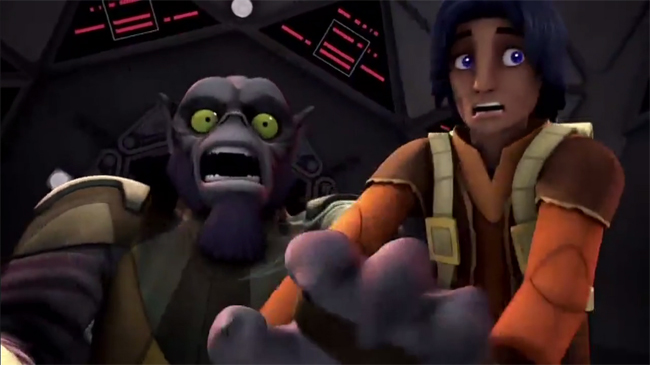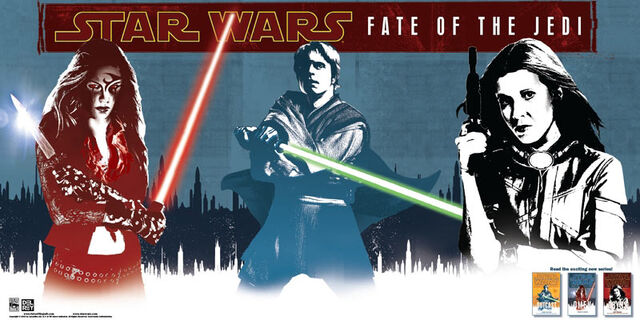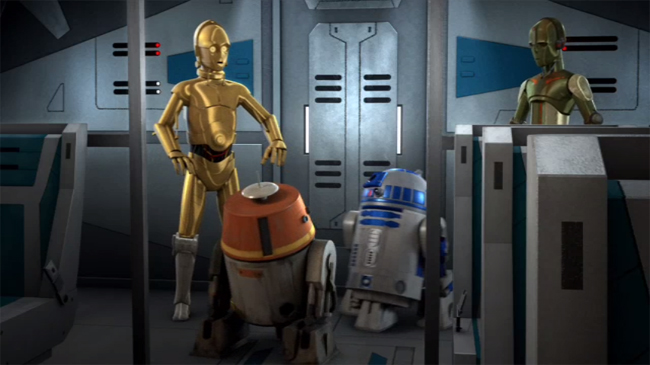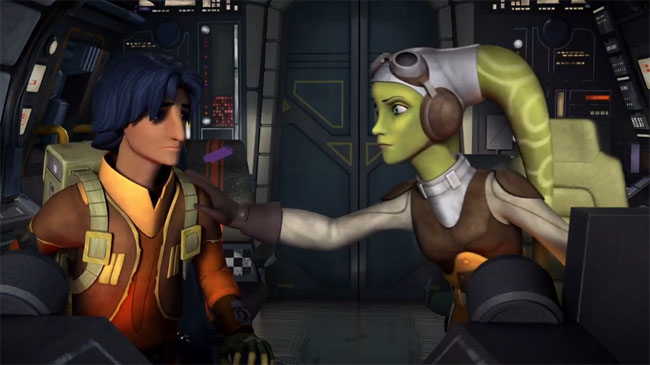
“You did all this…for fruit?” “No! …okay, maybe a little!”
When a TV show is written, the staff has a choice to make: How will the show find its balance between character development and the plot? The Clone Wars was a show where the events of an episode held precedence over characters. Not that there were no character moments or any development, but the story came first, especially early on when summaries of episodes could be “Godzilla IN SPACE” or “the Seven Samurai WITH BOUNTY HUNTERS”. Whatever concept the TCW writers wanted to put on screen, they put there, regardless of whether it was a good fit for the characters drafted into various roles. While there were episodes that got away from this, it’s a tendency that colored the show’s entire run.
Another decision, one more specific to action-oriented media, is the stakes of a given story. From episode to episode, something or other may be at risk or hanging in the balance. Is it the fate of a world, or merely the well-being of a few people? TCW tended toward the dramatic side, where the stakes were high, be it to save hundreds of lives, catch a dangerous fugitive or stop a superweapon. While there were some low-stake episodes that focused less on the action and more on character interaction, they became fewer and fewer as the show moved into its later seasons and more driven, multi-part stories took over. Read More




